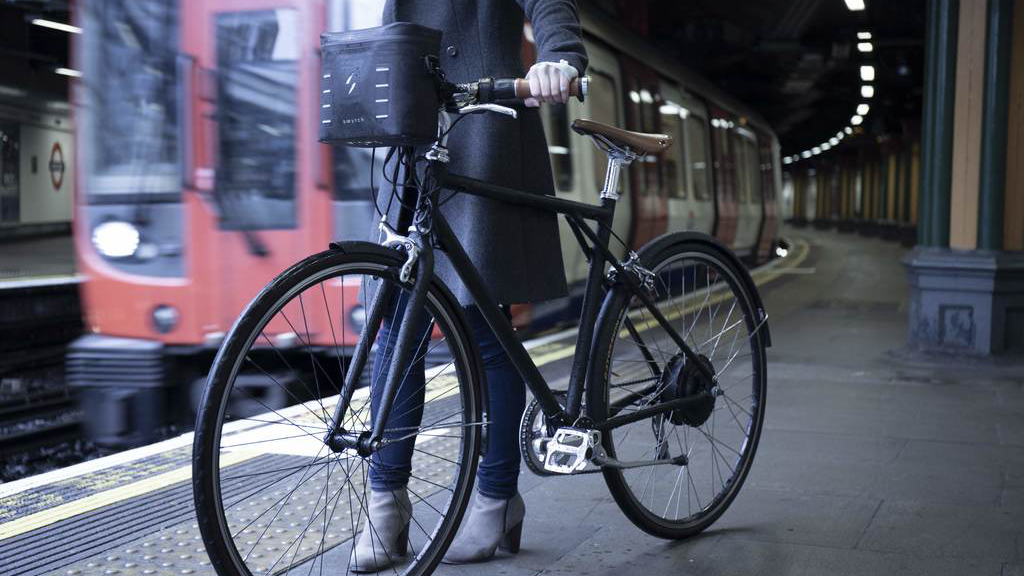
There are plenty of bikes out there vying for your attention and an increasing number of models are electric too. So, what to do if you have a traditional pedal bicycle you already like but it’s not electric? Swytch looks like it could provide the answer; it’s a self-contained electric bike conversion kit that, on face value, boasts universal appeal no matter what kind of two-wheeler you own.
One thing that does immediately appeal with the idea is that it provides a cheaper entry point into the world of electric-powered cycling. That’s very good news if you’ve always fancied an e-bike but find the initial cost too prohibitive. The company says that the e-bike market has grown some 1,700% in the last 10 years, but currently ownership tends to be most prolific in the over-50s bracket – some 70% in fact, who’ve often got a little more cash to spare.
Easy option
Swytch might be able to change all that with several options available, and with prices that start from £549 (about $700, AU$1,000), which is cheaper than any off-the-shelf e-bike you can buy. And, if you already have a perfectly good bicycle at your disposal then it seems like a great concept.
The other benefit of Swytch is that it’s a switchable setup too, so if you’ve got the desire to go back to pedal power only then the box of tricks can be removed in minutes.
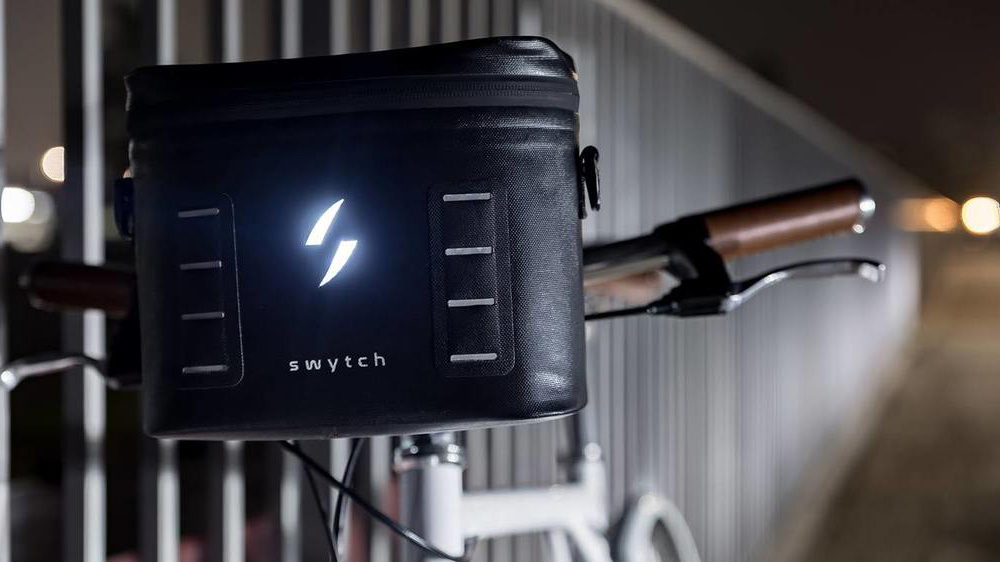
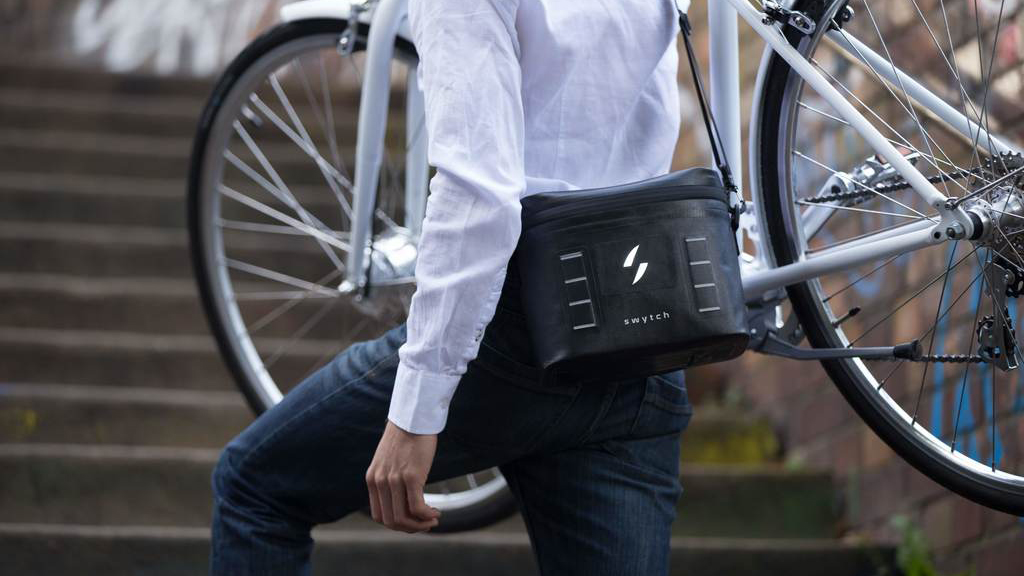
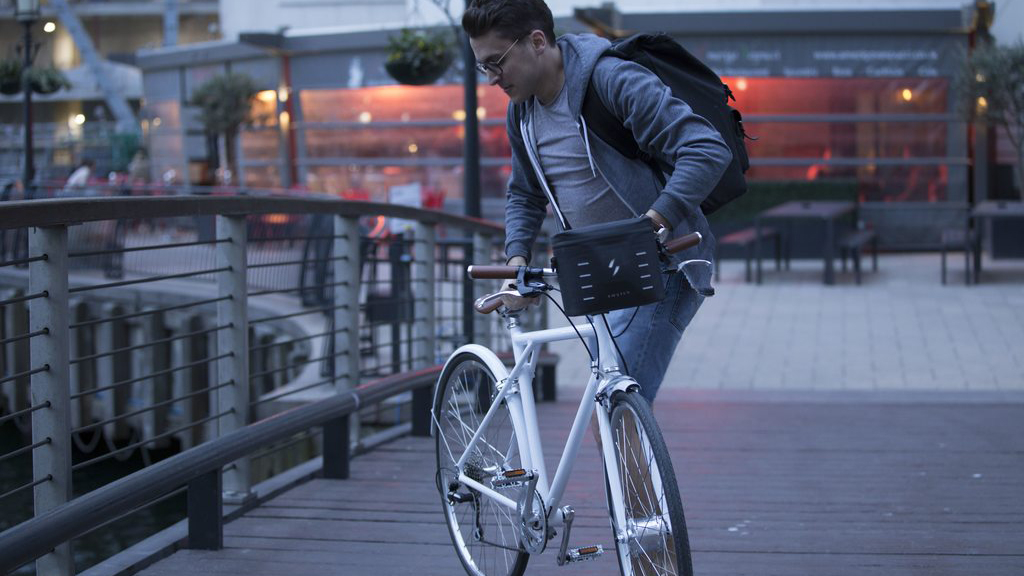
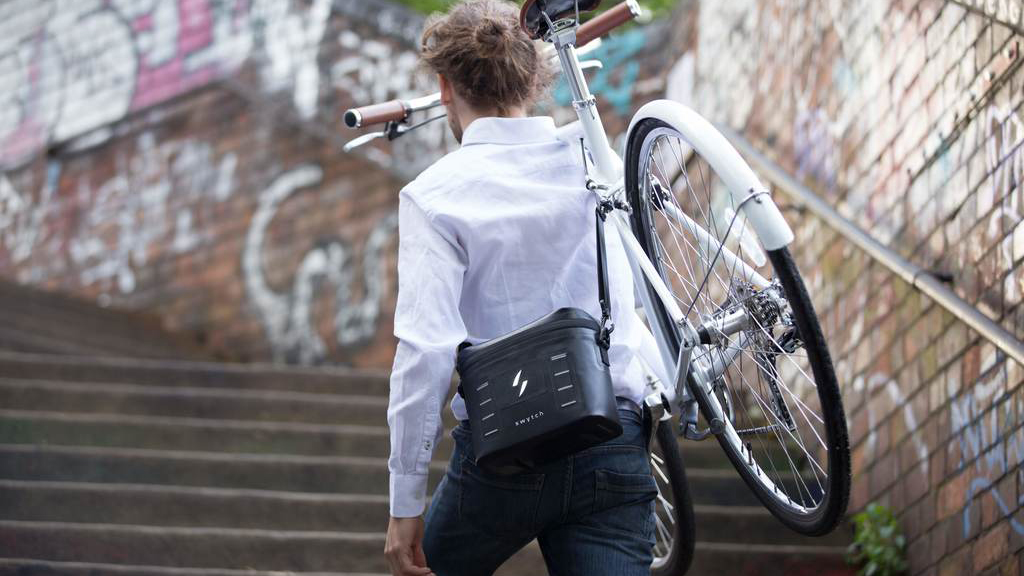
A lot of electric bikes tend to attract criticism because they’re generally heavier than conventional pedal-powered cycles. Batteries are weighty things anyway, but it’s the electric motor system that adds further bulk to the overall package. Add it all together and you can see why many e-bikes come with a ‘walk assist’ mode that can help trundle the bike along when you’re pushing, rather than riding it.
Swytch does add bulk, although the company behind it reckons that with everything fitted and in place, your bike will only weigh 2kg extra. Although that’s before you’ve added the battery itself. They also claim that it won’t affect rideability either.
Simple setup
The standard Swytch Kit comprises a lightweight front wheel that features an electric motor built in to the hub. There’s also a removable power pack that’s attached to your bike via a Quick Connect handlebar bracket.
Sign up for breaking news, reviews, opinion, top tech deals, and more.
It’s this combination of features that the company reckons will allow the Swytch system to work with any kind of bike. The pack itself contains the battery along with the control electronics, a user display as well as a front bike light and USB port.

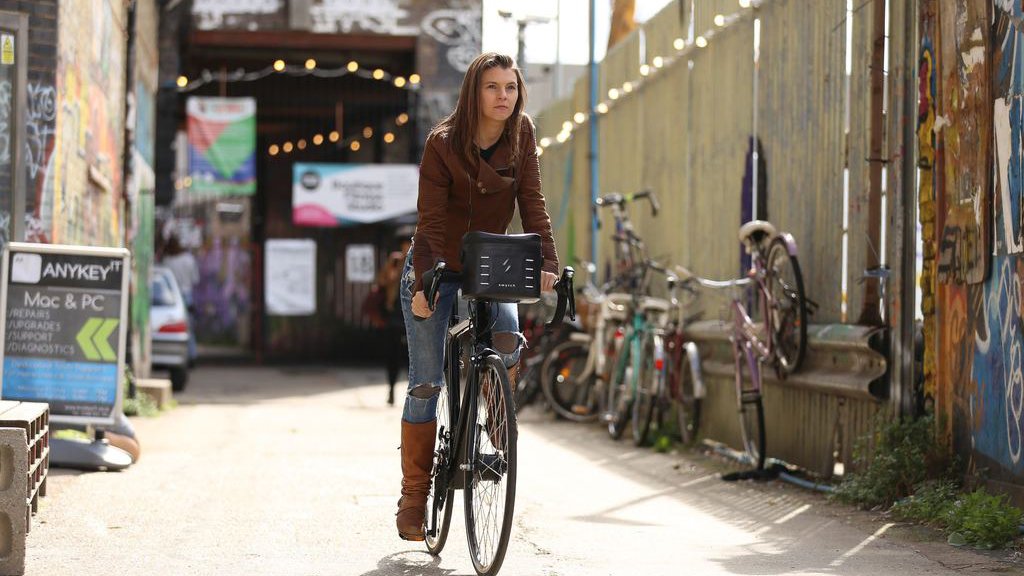

Simply connect the power unit and you’re in business, with thankfully no plumbing-in of cables needed. The company says that initial setup only takes around 10 minutes and the current Swytch range consists of five e-bike conversion kits. There’s a standard 250W Hub Swytch Kit with either 25-mile range (three-to-four hour charge time), or 50-mile range (five-to-six hour charge time).
You can also plump for a narrow 250W 70mm Hub Swytch kit, which is suitable for folding bikes (including the Brompton). This is available with either a 25-mile or 50-mile range. A beefier 500W variation on the theme gives you up to 50 miles on a single charge.
Limited fun
While the battery assistance aspect of the Swytch sounds adequate enough, and the idea will work with most bikes, the main appeal of this has to be for bikes that are going to be used around town.
Commuters will see the appeal and anyone wanting to nip out to the country for an afternoon cycle can enjoy some assistance along the way too. However, the Swytch is not the sort of thing you’d imagine working too well on a mountain bike, although they don’t appear to advise against it.
Swytch looks like a decent enough idea and we like the way the integrated LCD display delivers on-screen journey information including speed, distance and trip times. There are also nine different power levels to choose from as well as a 6Kmh Walk Mode when you want assistance as you push the bike along. That USB charging output also goes some way to keeping people happy by allowing them to power their phones as they go.
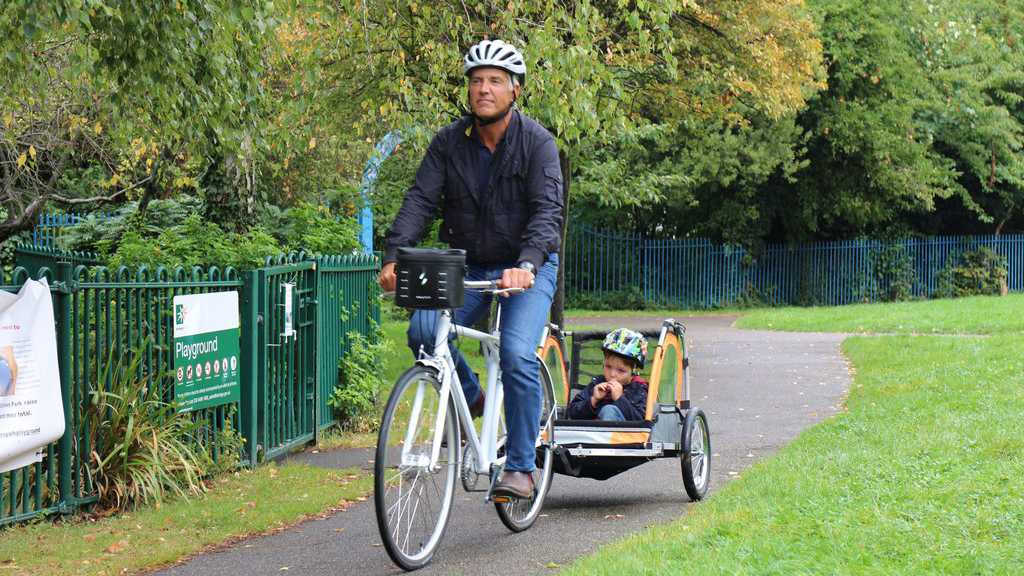
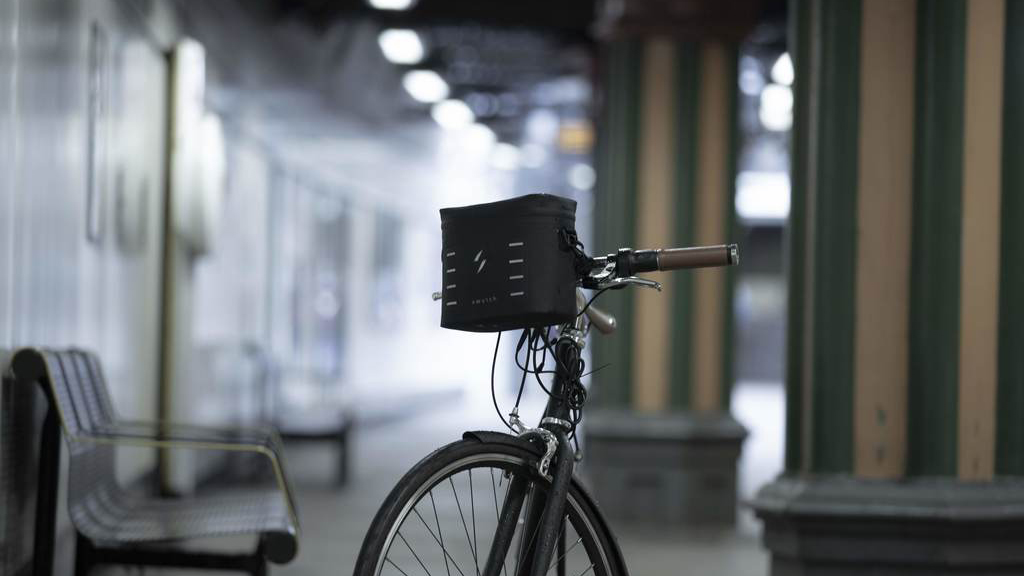
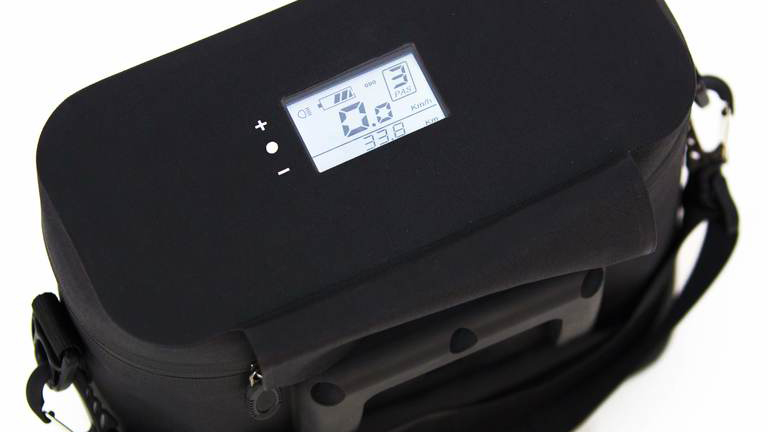
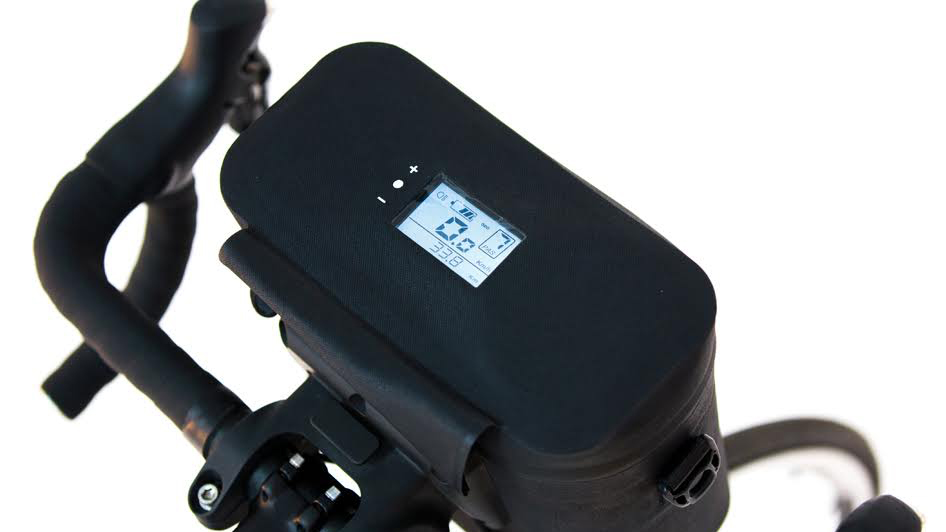
The company says it’s celebrating a sizeable investment injection of £795,000 (about $1,025,000, AU$1,444,000), which boosts its developments funds to over £1 million (about $1,290,000, AU$1,816,000) to date.
Swytch exceeded its crowdfunding target by 500% back in 2017 too, so it’s clear that others share their vision for two-wheeled electrification. However, the London-based startup has yet to start shifting large numbers of units.
Solid start
Oliver Montague, inventor of Swytch says: “Swytch is a completely unique product that is the result of four years of engineering innovation. We worked closely with our crowdfunding customers to develop a technology that is fit for purpose for both novice riders as well as cycling enthusiasts. This latest investment allows us to continue to innovate and develop new technologies.”
To date the startup says about 1,000 conversion kits have been sold around the world and a further 1,500 will soon be added to that initial batch. And therein lies the problem for Swytch, because lower numbers mean higher costs. The business therefore hopes it can scale up the product, and with a higher volume of production that could mean the price to customers could come down.
The idea isn't unique either; a quick internet search reveals other weird and wonderful creations that can propel you into the assisted world of the e-bike. That said, this system does seem to be one of the simpler options in terms of setup and operation. Swytch is available to buy in the UK, EU and USA from www.swytchbike.com.

Rob Clymo has been a tech journalist for more years than he can actually remember, having started out in the wacky world of print magazines before discovering the power of the internet. Since he's been all-digital he has run the Innovation channel during a few years at Microsoft as well as turning out regular news, reviews, features and other content for the likes of TechRadar, TechRadar Pro, Tom's Guide, Fit&Well, Gizmodo, Shortlist, Automotive Interiors World, Automotive Testing Technology International, Future of Transportation and Electric & Hybrid Vehicle Technology International. In the rare moments he's not working he's usually out and about on one of numerous e-bikes in his collection.